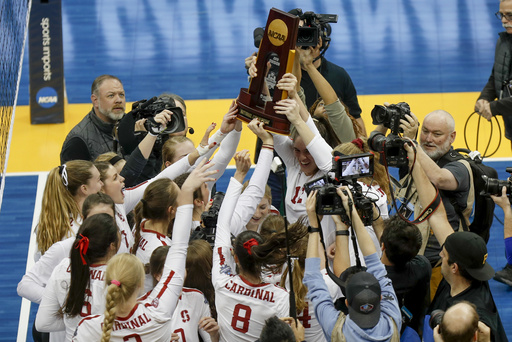The National College Players Association issued a statement opposing the $2.8 billion settlement agreement in the antitrust litigation involving the NCAA and major college conferences. The NCPA believes that the proposed plan for schools to share athletics revenue will restrict the earning potential of college athletes rather than benefit them.
According to NCPA executive director Ramogi Huma, the settlement, known as the House settlement, aims to eliminate booster-funded collectives that currently provide significant payments to college athletes for the use of their names, images, and likenesses. Huma expressed concerns that the agreement would negatively impact not only current athletes but also future generations of college athletes.
A federal court hearing is scheduled where a judge in California could grant preliminary approval for the $2.78 billion settlement that includes damages for former and current college athletes. However, several parties, including the NCPA, have filed requests to deny preliminary approval. The NCPA intends to challenge the settlement to push for a more equitable resolution or proceed to trial.
The NCPA’s opposition to the agreement is based on the provision that allows conferences to terminate revenue-sharing if athletes are considered employees with the right to bargain collectively. This issue is anticipated to lead to legal disputes, such as the unionization efforts of the Dartmouth men’s basketball team.
Marc Edelman, a sports law professor at Baruch College, acknowledged the innovative aspects of the settlement but shared concerns raised by the NCPA regarding limitations on revenue sharing and third-party compensation cut-offs. Huma, a former UCLA football player, has been a vocal advocate for reform in college sports and better treatment of athletes.
In 2022, the NCPA filed a complaint with the National Labor Relations Board seeking employee status for USC athletes. A similar move by the Dartmouth basketball team was met with approval by an NLRB regional director, allowing them to vote on union membership, a decision being contested by the school. The NCPA also criticizes the settlement for potentially leading to reductions in athletic scholarships among affluent programs.



